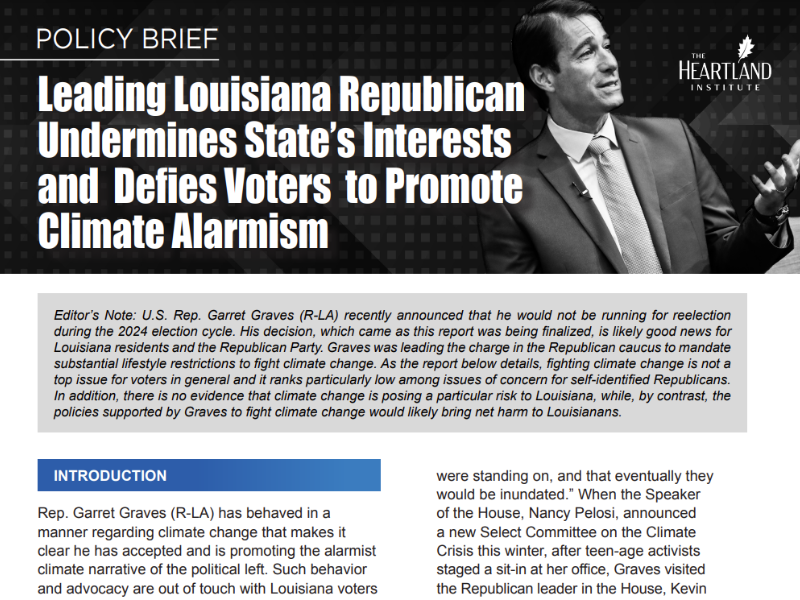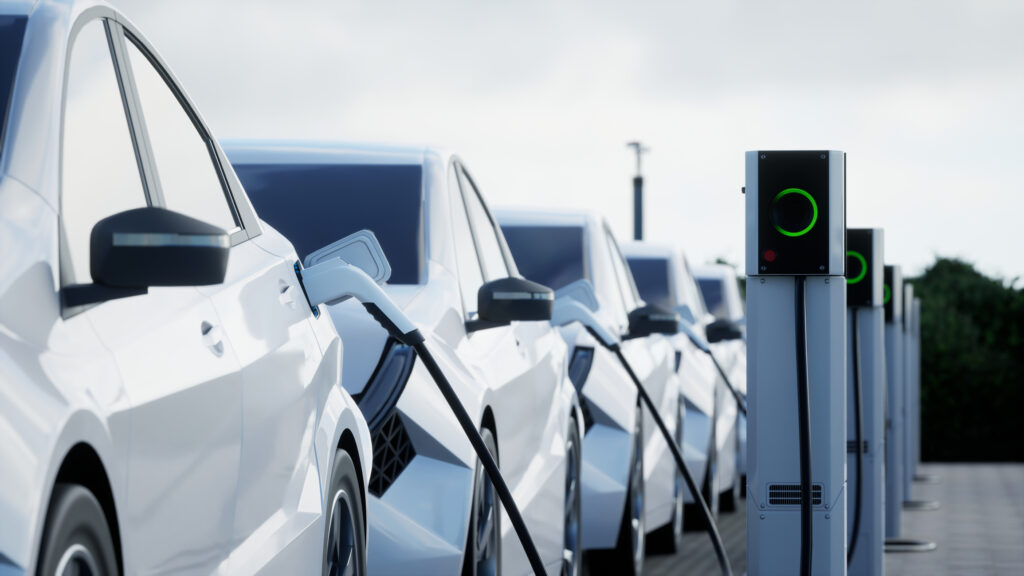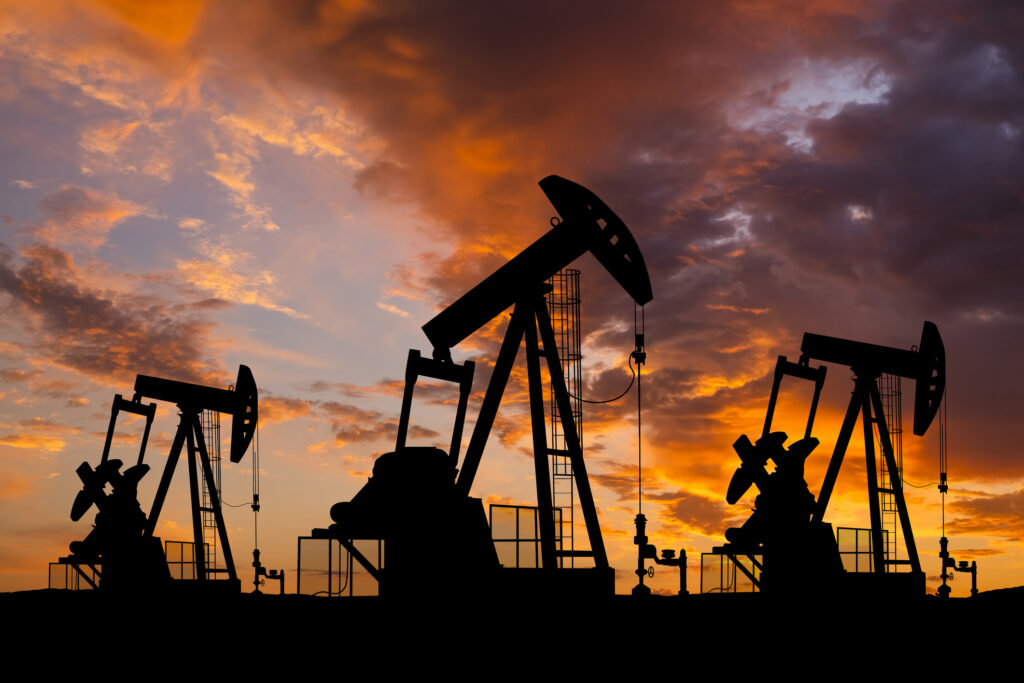The Spain-based company, Abengoa Solar, claims to be “a global leader in solar thermal energy.” Its website boasts: “Abengoa Solar is the largest solar plant operator worldwide.” Abengoa went public in October 2013, and since, its stock price has doubled. With the support the White House gives to solar energy and the mandates for renewable energy present in the majority of states, Abengoa sounds like a solid investment. And, that’s the image Abengoa has burnished with full-page ads in the Wall Street Journal to encourage investment. However, rather than a “buy,” Abengoa should be a “sell”—sell quickly—as its American run could be coming to a close.
For nearly two years, with researcher Christine Lakatos, I have covered Obama’s green-energy, crony-corruption scandal. Our collaborative efforts have resulted in the biggest single body of work on the topic. I’ve written more than 30 columns on it and Lakatos’ blog: The Green Corruption Files, contains a book’s worth of research. The message has been magnified due to frequent citations by many media outlets and commentators including Rush Limbaugh andMichelle Malkin.
Funding for our green-energy work has always been a challenge but has been nonexistent in 2014. However, when, based on previous coverage, a whistleblower from Abengoa contacted me, we went into overdrive. With hundreds of combined hours of researching, interviewing, and writing, Abengoa became our grand finale—with the hope of leading to its not-so-grand end.
With the help of connections, such as board member and former Secretary of Energy Bill Richardson and investor and former Vice President Al Gore, Abengoa received $2.8 billion in loan guarantees from Obama’s 2009 Stimulus Bill and then another $818 million grant from the Department of Energy—making them one of the American Recovery and Reinvestment Act’s (ARRA) single largest recipient of taxpayer dollars.
Despite the largess, they couldn’t be successful within the confines of the rules. As I’ve addressed thoroughly in my Abengoa exposé published by the Daily Caller, and, with the help of additional whistleblowers who’ve since come out with their stories, documented by Lakatos, we show that Abengoa cheated its unwitting American investors. It broke immigration and employment laws, engaged in discrimination and favoritism, used expensive and/or outdated technology, and took cost-saving but dangerous shortcuts in design and construction.
Abengoa is now under an Immigration and Customs Enforcement investigation. It is out of compliance with Davis Bacon regulations—which requires that employees receive “prevailing wage” and that the certified payroll is submitted weekly. And, the Department of Energy has just suspended disbursements of ARRA loan guarantee funding until a full audit can be done and Abengoa is found to be in complete compliance with all laws, regulations, and stipulations. Based on our work on Abengoa and our knowledge of the arrogant, above-the-law way it operates, an audit will likely uncover far more violations than those that we’ve discovered.
But said audit won’t happen before California’s Energy Commission’s (CEC) May 7 vote to determine whether or not to give Abengoa, and Brightsource, its partner on this project, a permit for a new solar project: Palen Solar Electric Generating System to be located about 60 miles east of Indio, California. The CEC vote was reported to have been originally scheduled for April 16 but was delayed—which has allowed more time for our work to have an impact. We believe Commission members are aware of the investigations and the work Lakatos and I have done to bring Abengoa’s deceptions to light. The new project has many detractors. Sources report that it has serious opposition within the CEC—yet, the companies apparently believe there are enough votes for approval and are pushing to get it back on track.
In December 2013, Commissioner Karen Douglas issued a preliminary decision recommending that the Palen project be denied. In January, the CEC approved a delay for the decision on Palen. On March 21, a new petition was filed to reopen the proceedings for the stalled project. The CEC vote is now scheduled for May 7 at 2:00 PM.
One reason the companies are pushing for approval is the need to have the project online by June 2016 to qualify for a 30 percent federal income tax credit. The Desert Sun reports that Scott Galati, attorney for the developers, claims the “delays to the companies’ original approval target at the end of 2013 have been ‘devastating.'” Galati said: “the credit—and approval—are essential to secure private funding.”
Interestingly, K Kaufman, who has covered the Palen story for the Desert Sun, calls the desert solar projects: “massive experiments that require careful monitoring before any more are built.” While I believe she is referencing bird deaths and other environmental concerns, I totally agree with her statement—albeit for different reasons.
A few days ago, the Government Accountability Office (GAO) released a report on the Department of Energy’s Loan Guarantee Program—the program that awarded Abengoa the $2.8 billion loan guarantee. The report states: “The Department of Energy (DOE) has not fully developed or consistently adhered to loan monitoring policies for its loan programs.”
As Kaufman so eloquently stated, “carefully monitoring is needed before any more are built.” Hopefully, for the American taxpayer, on May 7, the CEC will decide to delay its decision once again until “careful monitoring” of Abengoa’s operation can be completed. No more taxpayer dollars should go to a company operating above the laws as Abengoa does. Without the flow of funds, Abengoa’s business model falls apart.
We hope our work has pushed an audit—”careful monitoring”—and, perhaps, influenced the GAO report. May our grand finale lead to Abengoa’s not-so-grand end.
[Originally published at RedState]





